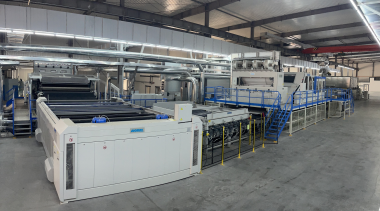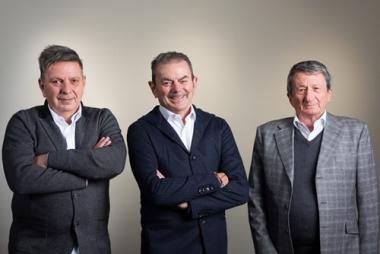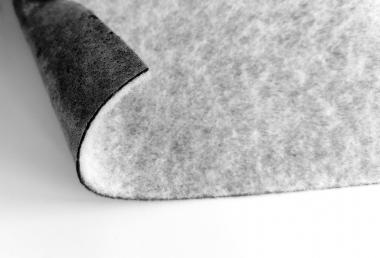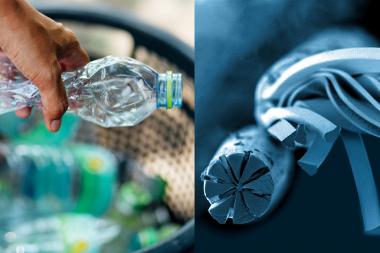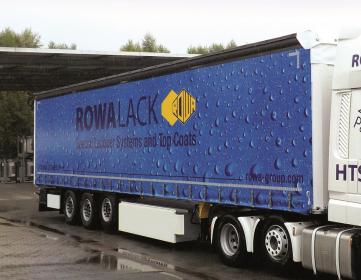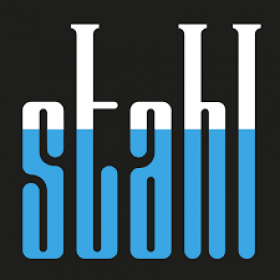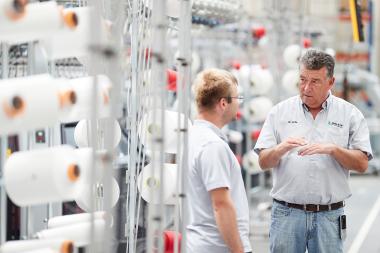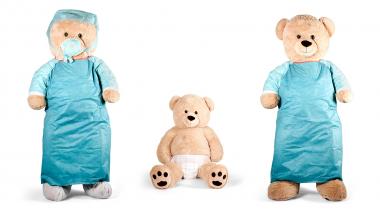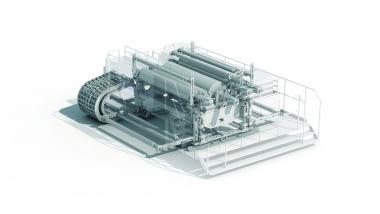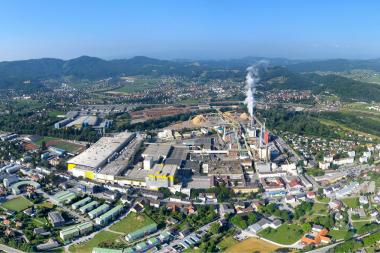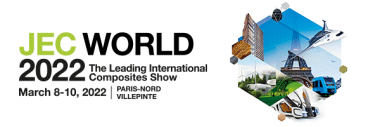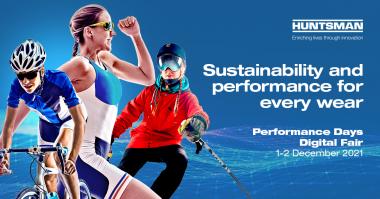Zhoukou Xuwang, China, starts up two ANDRITZ crosslapped spunlace lines
Zhoukou Xuwang Co., Ltd. has successfully started up two new ANDRITZ neXline spunlace lines at its facilities based in Henan province, China. Combining equipment from the aXcess and eXcelle ranges, both lines are dedicated to the production of spunlace fabrics of 30 to 120 gsm made out of viscose and polyester fibers. The ANDRITZ design will allow Zhoukou Xuwang to serve the premium product market, especially for premium hygiene and technical wipes, in China.
The ANDRITZ scope of supply for the two lines included:
- aXcess opening and blending systems
- high-performance eXcelle card and crosslapper
- robust aXcess CA25 carding machine
- efficient Jetlace Avantage hydroentanglement unit
This configuration will enable Zhoukou Xuwang to manufacture high-quality products while reducing raw materials consumption. These goals are further enabled by the installation of an ANDRITZ Asselin-Thibeau crosslapper PRO35-140, generating a uniform profile over the entire web width.
In spite of the difficult circumstances and supply chain disruptions related to the Covid crisis, both spunlace lines were installed smoothly and on time. They quickly went into commercial production, with a line speed of up to 100 m/min and high-performance MD/CD ratio.
Andritz


